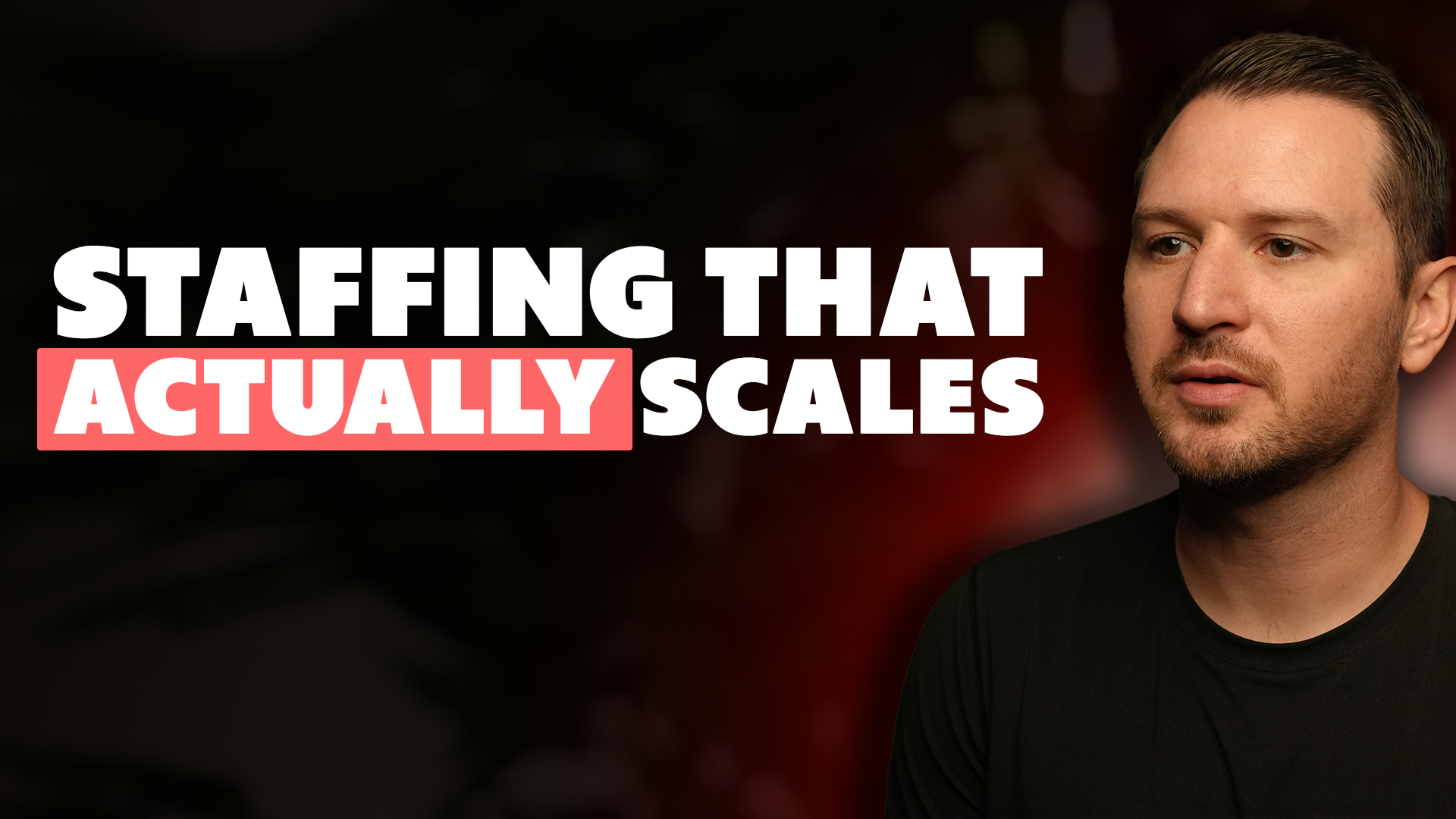What are the key roles for your accounting team? I want to chat about something that's pretty important as your business grows: beefing up that team. Let's lay down some clear metrics so you know what to expect as your team gets bigger.
The Roles to Focus On to Grow Your Accounting Squad
Now, when you're just starting out, maybe pulling in under $3-5 million, you probably have a bookkeeper or an office admin handling your financials. Maybe you outsource it, get someone to put together your numbers and handle your bills, bank deposits, and such.
And that's cool for a bit, but as you start raking in more dough and your financial needs get more complex with reports, projections, and budgets, it's time to level up.

Here's who you'll need as you hit that sweet $20 million mark:
- The Controller
First off, let's talk about the big shot, the controller. This person's like the head honcho of your accounting crew. Most companies under 50 mil don't need a CFO, just a solid controller.
They keep your books clean, make sure everything's closing on time, and handle projections and budgets like a boss. Plus, they're in charge of the rest of your team. Ideally, you snag a good controller early on in your growth journey.
Now, a lot of businesses hesitate here because the paycheck for a controller can be hefty, sometimes even rivaling the owner's salary at that point.
But trust me: it's worth it. Get this role right or it'll hold you back big time down the line. They're the ones steering the ship in your accounting department every day.
- Accounts Receivable Clerk
Next up, we got the accounts receivable clerk. Accounts receivable is exactly what it sounds like. You did work, you sent an invoice and someone owes you some money.
They're the ones chasing up those invoices, making sure folks pay up on time, and handling any accounts that might be at risk. They’re consistently communicating and sending to collections when needed. It's all about keeping the cash flowing smoothly.
- Accounts Payable Clerk
Then there's the accounts payable clerk. They handle what you owe your vendors, making sure invoices match up, job costs are tracked, and payments are scheduled.
It's a big deal, and you definitely don't want to lump this in with accounts receivable. That's a recipe for trouble and could potentially create fraud in that type of situation.
A lot of companies, due to budget or size tend to combine this position with AR, but it's a huge point of failure for businesses because you're giving one person control of both. Money in and money out and that's a pretty big problem.
- Payroll Clerk
Last on the list is the payroll clerk. When you're pushing 80-100 employees, payroll can become a full-time gig. They're the ones making sure everyone's getting paid what they're owed, sorting out hours, commissions, and all that jazz.
You want someone who's going to be fanatically focused on getting the details right because payroll is not something you want to make a mistake with.
Those are the key players you need in your accounting squad as your business grows. You're looking at building out that team more solidly around the $10 million mark.
Controller, AP clerk, maybe have the controller handle AR at that point. Then, as you climb into the $15-20 million range, start bringing on the AR clerk and the payroll clerk.
Get more Owned and Operated on YouTube, on Twitter, or with our weekly newsletter.








.avif)
